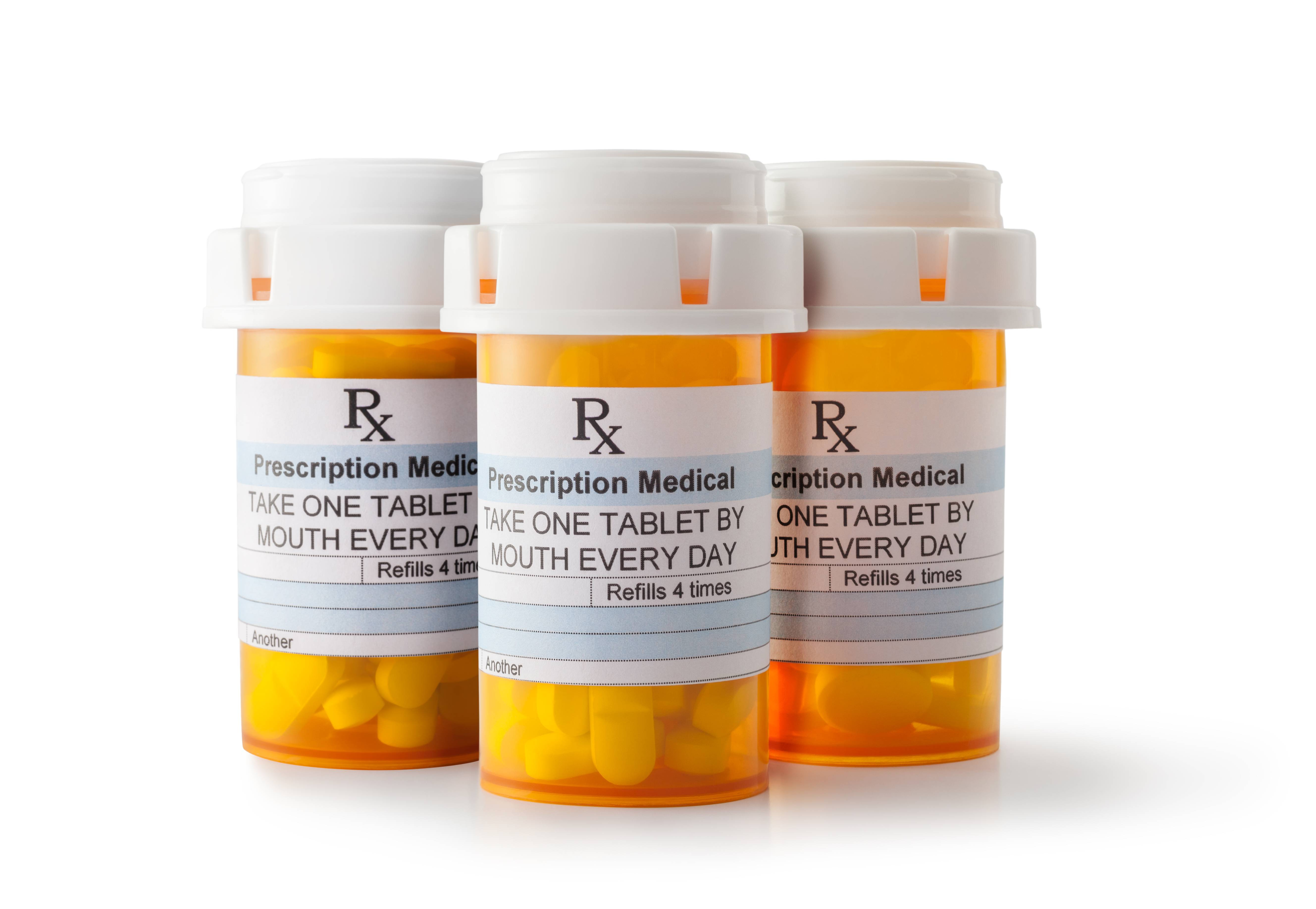AARP Hearing Center

At AARP Georgia's Day at the Capitol in March, one of our volunteers asked a state legislator about the high cost of prescription drugs. The legislator responded that the cost of medicine is often too high; and that she, herself, has been prescribed $600/month eye drops, which she cannot afford so she doesn't use them. This example is all too common.
Americans pay the highest brand-name drug prices in the world. Congress, the Administration, and our own Georgia legislators must take action to lower prescription drug prices, the root cause of this problem. That's why AARP launched a national campaign urging federal and state policymakers to Stop Rx Greed by cracking down on price-gouging drug companies. AARP's goal is to help lower drug prices for all Americans through decisive actions and solutions.
In 2017, the average annual cost for one brand-name medication used on a chronic basis was almost $6,800. For the average older American taking 4.5 prescription drugs per month, that would amount to more than $30,000 per year, while the average Medicare beneficiary has a median annual income of just over $26,000. Americans depend on their prescriptions, yet from cancer treatments to EpiPens, drug companies' skyrocketing prices are pushing life-saving treatments out of reach for those who need them.
That is why we are calling on Congress to:
* Pass legislation to allow Medicare to negotiate for lower drug prices. With more than 40 million beneficiaries in Part D, the federal government should be leveraging that bargaining power to lower prices.
|* Take action to reduce out-of-pocket costs such as an out-of-pocket cap. In 2015 alone, Medicare beneficiaries spent $27B in out-of-pocket drug costs.
* Enact the Creating and Restoring Equal Access to Equivalent Samples (CREATES) Act and legislation to end pay-for-delay agreements to allow more generic alternatives to enter the market and lower drug prices. AARP asked likely voters ages 50 and older about their experience with prescription medication and their thoughts on proposals for reducing prescription drug costs.
The vast majority surveyed (80%) say they take at least one prescription medication, and seven in ten (72%) say they are concerned about the cost of their medications. A majority (60%) say prescription drug costs are unreasonable and many indicated they have or will need to make trade-offs to afford their medications. Virtually all the voters surveyed (regardless of party affiliation) support various proposals for reducing prescription drug costs, including making it easier for generic drugs to come to market (93%) and allowing Medicare to negotiate with drug companies for lower prices (92%). No American should be forced to choose between paying for the medicines they need and paying for food, rent, or other necessities.
We hope state-level lawmakers will work together with all members of Congress to protect Americans and pass bipartisan, commonsense legislation to lower prescription drug prices.
Tell your legislators to support commonsense solutions to lower prescription drug prices today by visiting www.aarp.org/rx. Melissa Sinden is the Advocacy Manager for AARP Georgia
References 1 This survey was conducted by the nonpartisan and objective research organization NORC at the University of Chicago on behalf of AARP. For this national survey, data were collected using the AmeriSpeak Panel. AmeriSpeak, the probability-based panel of NORC, is designed to be representative of the U.S. household population.
This article appeared in the publication for Georgia Nursing.































































